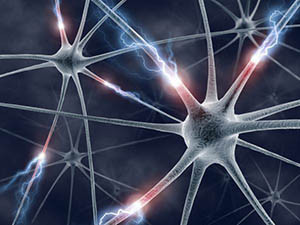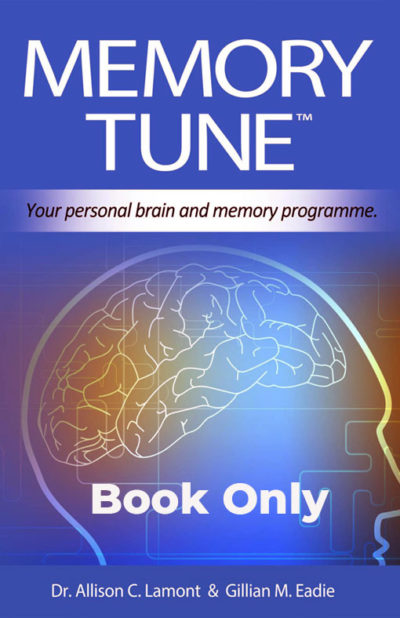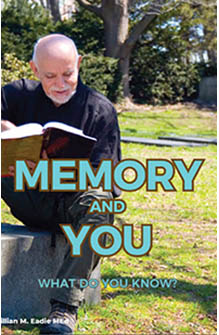It’s an awful feeling.
You are trying a new puzzle
A new brain game
A new computer program
Or hunting for a name …….
And suddenly
Your brain
FREEZES!
You can’t think what to do or say next.
Firstly, don’t panic!
Everything your brain can do happens because billions of nerve cells are firing, interacting or resting.
How you perceive, act, think and remember involves complex sets of nerve cells (neurons) linking together accurately.
When you practice an action over and over – learning to drive, play an instrument, a new computer program – the connections between the sets of neurons are strengthened; every repetition embeds that neural pathway.
Eventually, these actions become so strong that your brain automatically activates these circuits to guide your driving, music or computer skills.
Automatic reactions happen quickly –
probably in just a hundredth of a second.
When you face a new, unfamiliar situation though, the mental processes you need are often strung together in chains and loops which can take a fair amount of time to unfold. Seeing a person when you weren’t expecting to can leave you searching for the name …..
Your conscious mind may need more than a second to take in the scenario and several more seconds of backwards and forwards thinking to come up with a response.
You CAN do it, though.
Panic slows the process down, so relax.
Your age makes a difference to how effectively your brain works in a new situation.
Your reaction time may be slower if you haven’t kept up practice in brain challenges.
But this isn’t permanent.
Here’s what you CAN do immediately.
- Deliberately take a few seconds to relax. If possible, take a few steps away from the situation. Laugh!
- Reframe the moment (e.g. describe the puzzle differently in your own words, imagine the person in different places, look for patterns ….)
- Look for another prompt or cue to help your brain find the information you need (letters of the alphabet, puzzles you have done before, photos, Google it!)
Longer-term:
Analyse your own skills. What can you do well?
What do you need more practice in?
Take time to understand how your brain is working now on tasks. The ones that work well you can safely leave alone.
If you find the tip-of-the-tongue moments are occurring too often or there are games (or any other tasks) where you repeatedly make mistakes or forget, your brain needs some retraining.
Identifying and filling the gaps can be very satisfying. Memory Tune will help here.
You learn new skills and the instances of ‘brain freeze’ will fade away.
The best news? Neural connections can regrow at any age so it is never too late to take action.
More reading: What’s that Word again? Have you tried our Healthy Memory Workout?





It’s strange when I get stuck on a word or title I often think I can see a letter. For example if I stick on the word ‘compatible’ I can see a ‘C’. Or I find a simile.
Could never remember Royal Oak, now when I need it, I think of the Queen and up it pops. Capital Gains tax fools me until I think London.
Not bad for a nearly 95 year old Kiwi, born in Yorkshire.